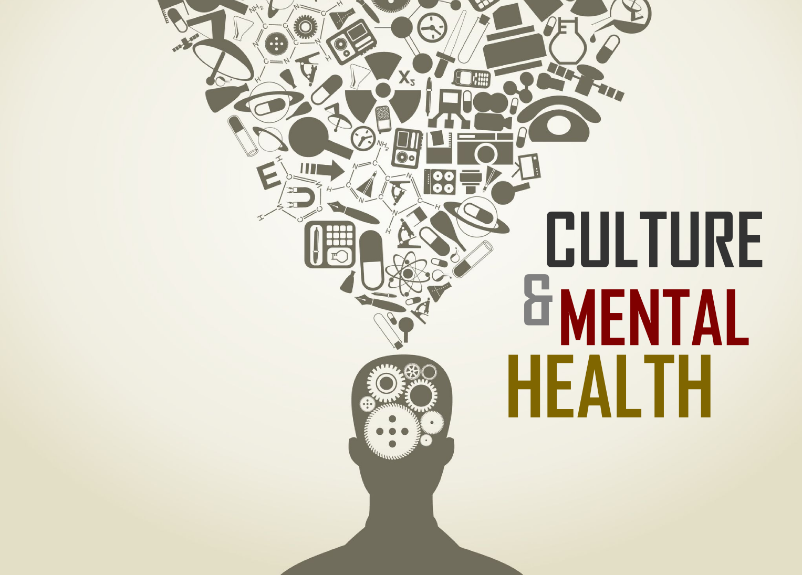
Mental health is a crucial aspect of overall well-being, yet it is influenced significantly by cultural and diversity factors. Understanding these influences is essential for providing effective mental health care and support. This article explores the various cultural and diversity considerations that play a role in mental health, highlighting the importance of culturally competent care.
The Impact of Culture on Mental Health
Culture shapes our beliefs, values, and behaviors, which in turn affect how we perceive and address mental health issues. Here are some key ways in which culture impacts mental health:
· Stigma and Perception: In many cultures, mental health issues are stigmatized, leading to reluctance in seeking help. Understanding cultural attitudes towards mental health can help professionals address these stigmas effectively.
· Expression of Symptoms: Cultural background can influence how individuals express psychological distress. For instance, some cultures may express anxiety through physical symptoms rather than verbalizing emotional distress.
· Help-Seeking Behavior: Different cultures have varying approaches to seeking help. Some may rely on community or religious leaders, while others might prefer traditional healers over mental health professionals.
· Coping Mechanisms: Cultural norms and values dictate preferred coping strategies, whether through familial support, spiritual practices, or other means. Recognizing these can enhance support strategies.
Diversity Considerations in Mental Health
Diversity in mental health encompasses more than just cultural background; it includes factors such as race, ethnicity, gender, sexual orientation, socioeconomic status, and disability. Here are some important considerations:
· Racial and Ethnic Disparities: Minority groups often face disparities in mental health care access and quality. This can be due to systemic issues, discrimination, or cultural misunderstandings between patients and providers.
· Gender and Sexual Orientation: Gender roles and expectations can affect mental health, as can the stressors faced by LGBTQ+ individuals. Sensitivity to these issues is crucial for providing appropriate care.
· Socioeconomic Status: Economic challenges can exacerbate mental health issues, and those from lower socioeconomic backgrounds may have limited access to mental health resources.
· Disability: Individuals with disabilities may experience unique mental health challenges and barriers to care that must be addressed with specialized support and understanding.
The Importance of Culturally Competent Care
Culturally competent care is essential for effective mental health support. It involves:
· Cultural Awareness: Mental health professionals must be aware of their own cultural biases and understand the cultural backgrounds of their patients.
· Cultural Knowledge: Gaining knowledge about different cultures and their perspectives on mental health can improve communication and treatment strategies.
· Cultural Skills: Developing skills to interact effectively with people from diverse backgrounds is crucial. This includes being respectful, open-minded, and adaptable in treatment approaches.
· Cultural Desire: A genuine willingness to engage with and learn from patients’ cultural experiences enhances the therapeutic relationship and outcomes.
Strategies for Improving Cultural Competence
To improve cultural competence in mental health care, the following strategies can be employed:
· Training and Education: Continuous education on cultural and diversity issues should be mandatory for mental health professionals.
· Community Engagement: Collaborating with community leaders and organizations can provide insights and improve trust between mental health providers and diverse communities.
· Policy and Advocacy: Advocating for policies that address disparities in mental health care access and quality is essential for systemic change.
· Personal Reflection: Encouraging self-reflection among professionals about their cultural assumptions and biases can lead to more empathetic and effective care.
Conclusion
Understanding and integrating cultural and diversity considerations in mental health is vital for providing equitable and effective care. By fostering cultural competence, mental health professionals can better meet the needs of diverse populations, reduce disparities, and promote overall mental well-being.
References:
https://www.apa.org/pubs/journals/cdp
https://store.samhsa.gov/sites/default/files/sma14-4849.pdf
https://mhanational.org/issues/cultural-competence